Description
Antiretroviral medications are included in the Cipanec Tablet. It is a medication that is prescribed to treat HIV infection. It increases immunity to fight HIV and treat or manage AIDS (acquired immunodeficiency syndrome).
Cipanec Tablet extends a person’s lifespan by limiting the growth of HIV in the body and lowering the risk of contracting problems linked to HIV. Whether you take it with or without food is irrelevant. These medications work better when taken consistently and simultaneously. You shouldn’t skip a dose of this medication because doing so could hinder your recovery. It’s crucial to finish the entire course of treatment until your doctor tells you to stop. The potency of the medication may be impacted by sudden treatment termination.
Headaches, nasal congestion, diarrhoea, nausea, vomiting, weakness and fatigue, cough, and rashes are the most often reported adverse reactions to this medication. These are often short-lived adverse effects, but you should consult your doctor if they continue or worsen. Avoid driving if you experience drowsiness or weakness from taking this medication. In order to lessen the severity of the negative effects, it is recommended that you drink lots of fluids.
If you are pregnant, nursing, or have any other medical condition, you should consult your doctor before beginning treatment. Laboratory tests to monitor blood counts and other bodily functions may be recommended at regular intervals by your doctor. Do not breastfeed or share bathroom accessories if you are HIV positive. See your doctor for advice on how to engage in safe sex behaviours and avoid contracting HIV from a partner.
Indication
- In HIV infection
Benefits
In HIV infection
HIV patients taking Cipanec Tablet will experience a decrease in viral replication. It improves the efficiency of your immune system and helps you keep the infection under control. This improves your quality of life by reducing the likelihood of complications like new infections. Always take this medication along with other antiretroviral medications.
It should not be used to prevent HIV after accidental exposure because it is not a cure for HIV or AIDS. To get the most benefit from this medication, it must be taken in accordance with your doctor’s instructions and at the dosage your medical professional has prescribed. If you take your medication as prescribed, you can maximise the efficacy of your treatment regimen and lessen the likelihood that your HIV infection will develop resistance to antiretroviral drugs. However, this medication will not protect you from transmitting HIV to others.
Side effects
Most side effects don’t need to be treated by a doctor, and they go away as your body adapts to the medicine. You should consult your doctor if the symptoms continue or if you are concerned.
Common side effects of Cipanec Tablet
- Headache
- Fever
- Abdominal pain
- Weakness
- Diarrhea
- Nausea
- Vomiting
- Joint pain
- Insomnia (difficulty in sleeping)
- Gastrointestinal disturbance
- Dizziness
- Abnormal dreams
- Depression
- Anxiety
- Itching
- Rash
- Fatigue
- Decreased phosphate level in blood
- General discomfort
- Cough
- Increased transaminase level in blood
- Hair loss
- Muscle disorders
How to use
Take this medication as prescribed by your doctor in the dosage and time frame specified. Take it all in at once. Avoid chewing, crushing or breaking it in any way. It is best to take Cipanec Tablet at the same time each day, with or without meal.
How it works
Cipanec Tablet is an anti-HIV treatment. The drug blocks the reverse transcriptase enzyme, rendering the virus ineffective. A virus like HIV cannot replicate without this enzyme.
Precautions
Alcohol – CAUTION
Cipanec Tablet users should take caution when drinking alcohol. Please seek medical advice.
Pregnancy – SEEK THE ADVICE OF YOUR DOCTOR
Cipanec Tablet is unsafe for Pregnant women, as there is clear evidence of harm to the unborn. However, if the advantages outweigh the potential hazards, the doctor may prescribe it in specific life-threatening cases. Please seek medical advice.
Breast feeding – SEEK THE ADVICE OF YOUR DOCTOR
There is currently no data on the safety of taking Cipanec Tablet while nursing. Please seek medical advice.
Driving – SEEK THE ADVICE OF YOUR DOCTOR
The effect of Cipanec Tablet on driving ability has not been determined. If you’re experiencing any signs that could impair your ability to drive safely, you should not drive.
Kidney – SAFE IF PRESCRIBED
The safety of Cipanec Tablet in people with kidney dysfunction is not well studied. Please seek medical advice.
Liver – CAUTION
Patients with liver problems should use Cipanec Tablet with caution. A change in the dosage of Cipanec Tablet is possible. Please seek medical advice.
Tips
The HIV infection can be treated by using Cipanec Tablet.
There is a higher chance of treatment failure if doses are missed. Be sure to take your medications at the appropriate times.
It’s best to take it before bedtime on an empty stomach.
You should let your doctor know if you have ever been infected with hepatitis B.
In no event should a pregnant or nursing woman take this medication.
Your calcium levels could drop as a result. Your doctor may frequently check your calcium and vitamin D levels and, if necessary, prescribe supplements.
During treatment, your doctor may frequently check how well your liver is functioning. Inform your doctor if you experience stomach pain, dark urine, or yellowing of the skin or eyes.
Packing
30 tablets in 1 bottle

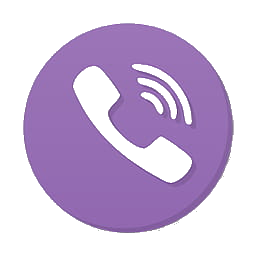


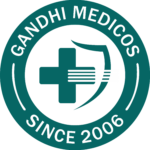
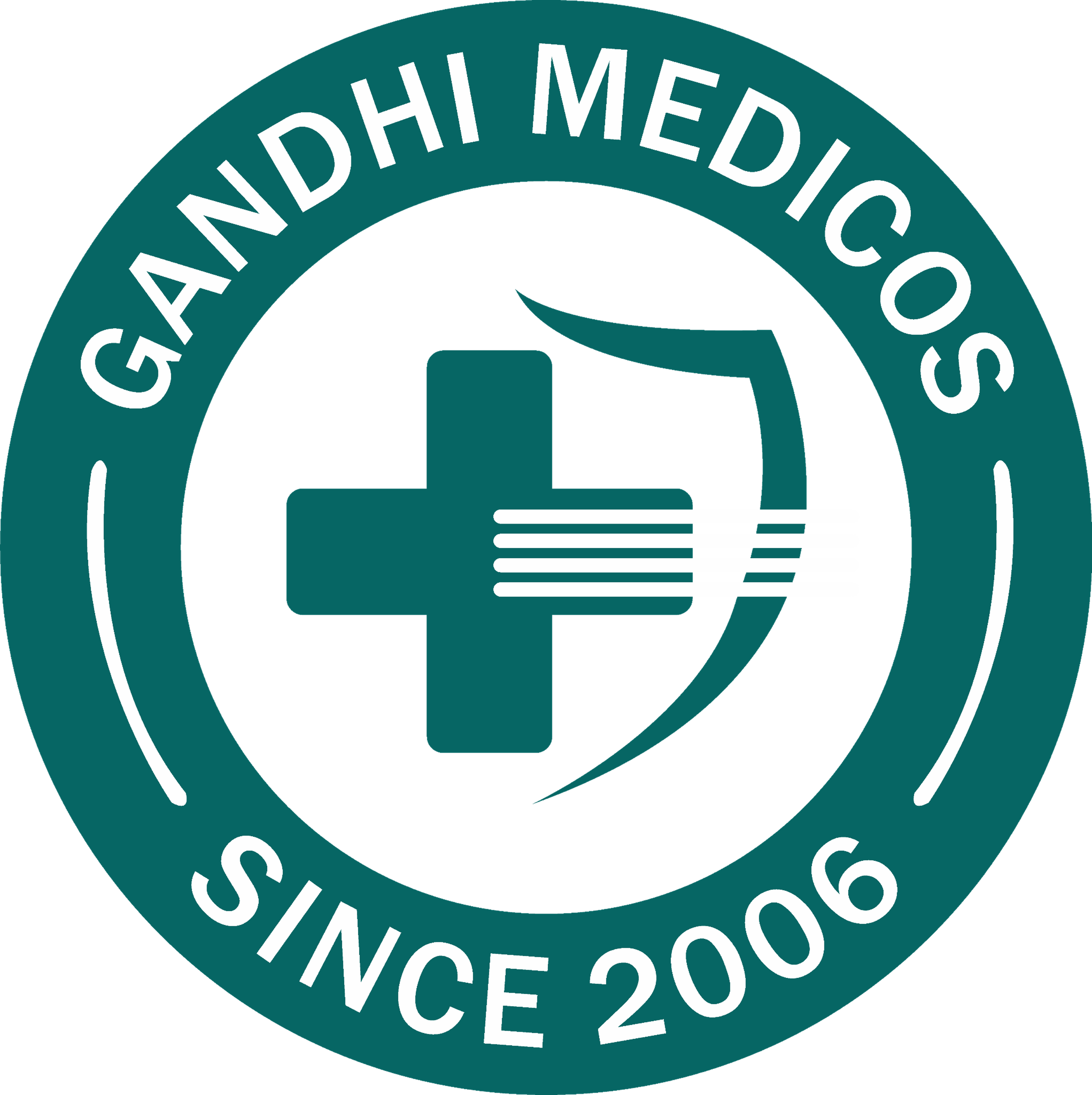

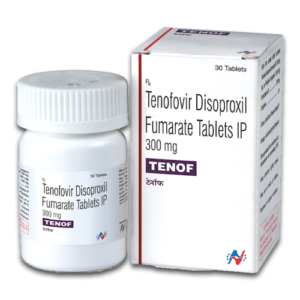

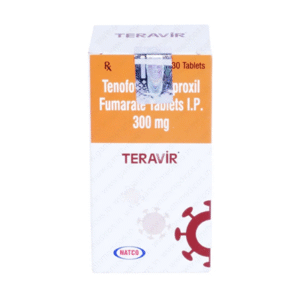


Reviews
There are no reviews yet.